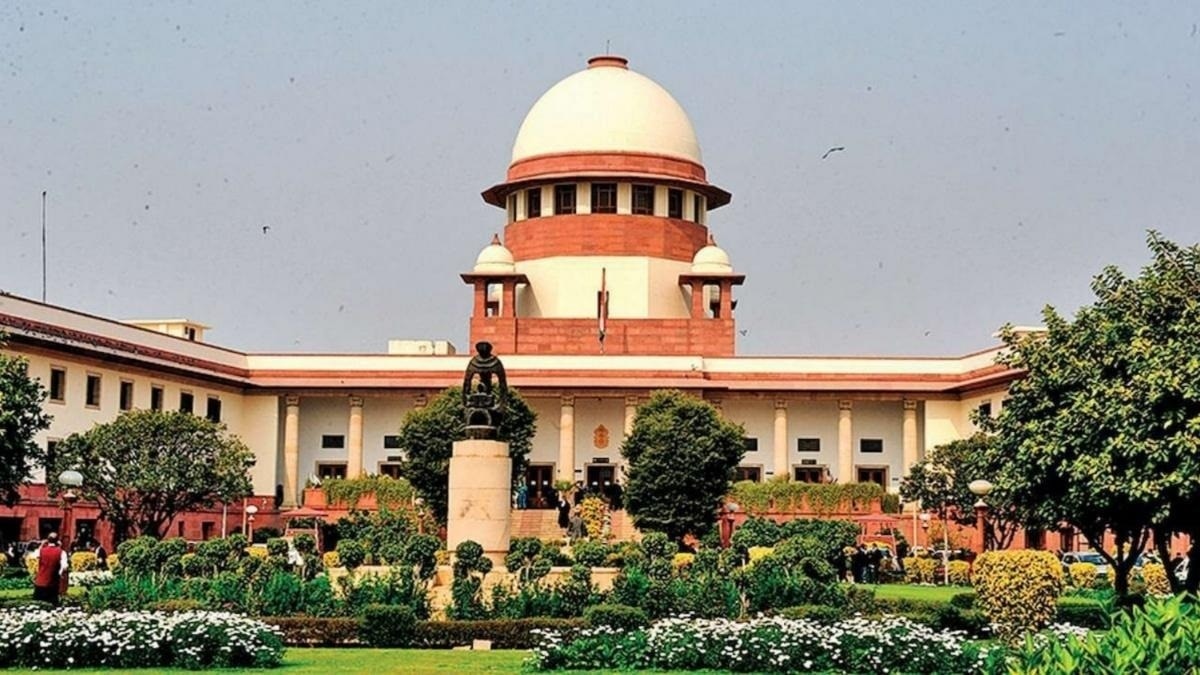The Supreme Court’s rejection of the review petition filed by the finance ministry in the landmark Safari Retreats case has put to rest questions around claiming input tax credit under the goods and services tax (GST) by commercial real estate firms for construction costs for properties intended for leasing.
However, experts note that it will be crucial how courts view the retrospective amendment in this matter.
In an order passed on May 20, a two-judge Bench of the Supreme Court of Justices Abhay S Oka and Sanjay Karol dismissed the review petition filed by the GST department against the ruling in the Safari Retreats case. “We have gone through the review petition and perused the judgement and order dated 3 October, 2024, which has been sought to be reviewed. There is no error on the record,” they held.
The case relates to Safari Retreats Private Ltd, which is involved in commercial real estate. The case involves around claiming of ITC under GST by commercial real estate firms for constructing immovable property that is then rented out. The Supreme Court in its October 2024 ruling in the case had applied the “functionality test” to determine availability of tax credit while conceding that the definition of ‘plant or machinery’ has to be seen as distinct from ‘plant and machinery’.
However, the GST Council in its meeting in December last year had decided to retrospectively amend the GST law to restrict ITC on construction services with effect from July 1, 2017. The amendment was carried out in the Union Budget 2025-26.
Abhishek A Rastogi, founder of Rastogi Chambers, who had represented various taxpayers before the Supreme Court, noted that the dismissal of the review petition in the Safari Retreats case is a significant affirmation of the legal position that input tax credit cannot be denied merely on the ground of its use in the construction of immovable property, particularly when such construction is intended for further business use such as leasing. The Supreme Court’s original decision had rightly emphasised the functionality and essentiality tests to determine credit eligibility under the GST regime. With the review now conclusively dismissed, the matter tilts strongly in favour of the taxpayers, he said.
While the retrospective amendment attempts to alter certain definitions, it cannot override constitutional principles or the judicial interpretation already laid down, he further added.
However, Abhishek Jain, Indirect Tax Head and Partner, KPMG, noted that the Supreme Court’s rejection of the review petition in the Safari Retreats case puts to rest any doubt around its key findings, especially the broader view on what qualifies as plant and machinery, and the restriction not applying on procurements made for own account. “With that settled, what now becomes crucial is how courts view the retrospective amendment brought in by the Government to offset a significant part of this decision,” he said.
Saurabh Agarwal, Tax Partner, EY, also said that while the Supreme Court’s judgment on input tax credit aligns with the industry’s logical expectation, the recent retrospective amendment in the last budget unfortunately negates this clarity. “This development, therefore, doesn’t bring the anticipated tax certainty. Instead, it’s highly probable that after this development industry will now challenge the retrospective amendment made in terms of last budget, prolonging the uncertainty we all hoped to avoid,” he said.







